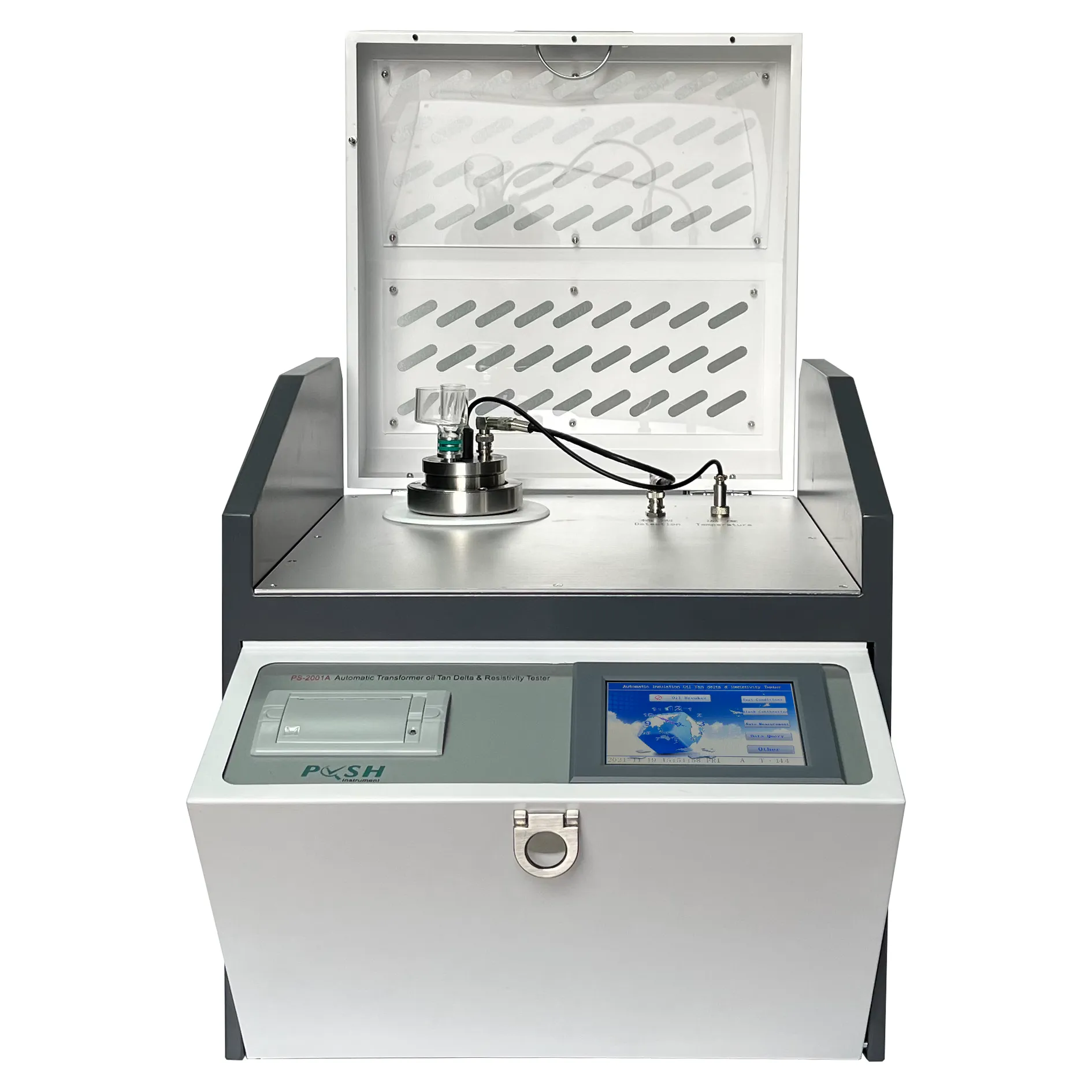 English
English


automatic flash point apparatus
The Importance of Automatic Flash Point Apparatus in Safety and Quality Control
The automatic flash point apparatus plays a crucial role in the fields of safety and quality control, particularly in industries dealing with flammable liquids such as petrochemicals, paints, and solvents. Flash point is defined as the lowest temperature at which a liquid can vaporize to form an ignitable mixture in air. Understanding and measuring this property is essential for ensuring the safe handling, transportation, and storage of these materials.
In traditional methods of determining flash point, operators had to rely on manual procedures that involved various degrees of risk, especially when dealing with volatile substances
. The introduction of automatic flash point apparatus has revolutionized this process by providing accurate and reliable measurements while minimizing the potential dangers associated with human handling and error.These automated systems are equipped with sophisticated technology that allows for precise temperature control and monitoring. Most automatic flash point testers utilize either the closed cup or open cup method, tailored to the specific requirements of the material being tested. The closed cup method offers better precision for low flash point liquids, making it the preferred choice in many industrial applications.
One of the foremost benefits of using an automatic flash point apparatus is increased safety. Traditional methods often involve open flames or highly controlled environments to gauge ignition points, posing significant risks to personnel and property. In contrast, automatic systems are designed with built-in safety measures, ensuring that tests are conducted under optimal conditions without exposing operators to harmful fumes or risks of ignition.
automatic flash point apparatus

Quality control is another critical aspect where flash point testing is indispensable. Industries like fuel production must adhere to strict regulations regarding the flash points of their products. Using automatic apparatus not only ensures compliance with these regulations but also helps in maintaining the overall quality of products. By routinely testing flash points, manufacturers can prevent the blending of incompatible materials, which could lead to hazardous situations.
Moreover, the efficiency of automatic flash point testers significantly enhances laboratory productivity. Operators can set the apparatus to conduct tests while attending to other tasks, permitting continuous operation without the need for constant supervision. This time-saving aspect is invaluable, particularly in high-throughput environments where multiple samples need to be evaluated in a limited timeframe.
In addition to safety and efficiency, modern automatic flash point apparatus often come equipped with data logging and analysis capabilities. This allows operators to track historical data and trend analyses, making it easier to identify any deviations from standard benchmarks and thus ensuring consistent quality control.
In conclusion, the automatic flash point apparatus is an essential tool for the safe and efficient measurement of flash points in various industries. By minimizing risks associated with manual testing, improving quality control processes, and enhancing laboratory productivity, these advanced systems have become indispensable in today’s industrial landscape. As technology continues to evolve, the capabilities of flash point testing equipment will likely expand, further enhancing safety and compliance in workplaces dealing with flammable materials.
-
Differences between open cup flash point tester and closed cup flash point testerNewsOct.31,2024
-
The Reliable Load Tap ChangerNewsOct.23,2024
-
The Essential Guide to Hipot TestersNewsOct.23,2024
-
The Digital Insulation TesterNewsOct.23,2024
-
The Best Earth Loop Impedance Tester for SaleNewsOct.23,2024
-
Tan Delta Tester--The Essential Tool for Electrical Insulation TestingNewsOct.23,2024





